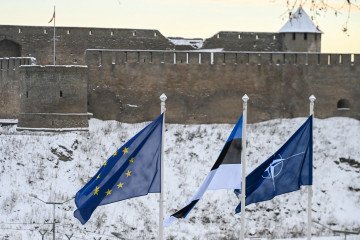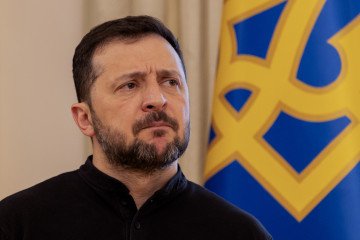- Category
- Latest news
Kremlin Instructs Russian Media to Avoid Praising Trump in Case Negotiations Fail to Yield Russia's Interests
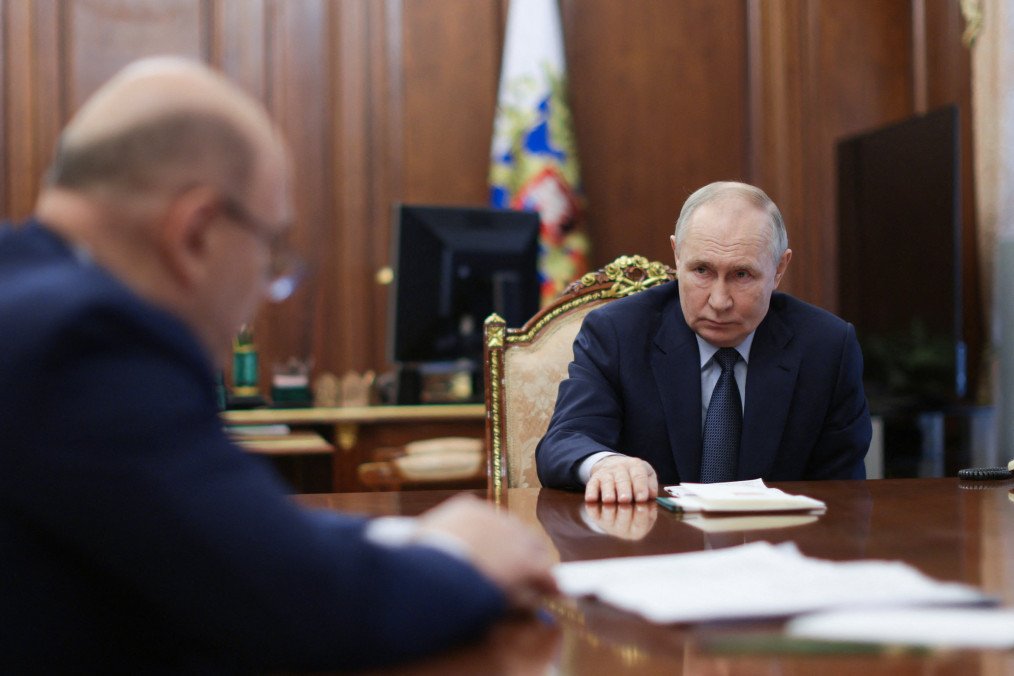
According to a report published by Russian media outlet Verstka on February 27, citing sources in Russian pro-government media and individuals close to the presidential administration, editors of state-affiliated outlets were told to emphasize Russian leader Vladimir Putin’s diplomatic efforts while avoiding excessive praise for U.S. President Donald Trump. They were also instructed to remain flexible in case talks stall.
While state television highlights the engagement optimistically, some pro-war commentators remain skeptical. Analysts interviewed by Verstka believe propaganda will eventually settle on a unified message.
A source familiar with Kremlin media strategy said coverage should stress that discussions involve Trump’s circle rather than “abstract Americans” and frame Trump as “wise enough” to engage with Moscow despite domestic opposition. If talks collapse, the narrative will shift to portraying Russia as having made every effort to reach an agreement.
A senior staffer at a major state media outlet described the messaging strategy as cautious: “We’re not promising an end to the ‘special military operation ’ or setting deadlines. The focus is that contact has been established, and we are willing to listen.” The Kremlin wants to reinforce the idea that it remains open to dialogue while avoiding commitments that could backfire, Verstka reports.
-07d8cebfbcf9c1c8079c5691d490a249.jpg)
A producer at a state television network confirmed there are no directives to amplify Trump’s stance, only to balance coverage with statements from Russian officials. A pro-government media executive called the situation a “minefield,” where outlets must avoid both excessive praise and criticism. “For now, we’re in neutral reporting mode—just in case,” they said.
The uncertainty is reflected in how Russian media cover Trump’s stance on Ukraine. Vesti Nedeli, a flagship weekly news program on Russia’s state-controlled Rossiya 1 channel, hosted by Dmitry Kiselyov, one of the Kremlin’s most notorious propagandists, has been among the most vocal supporters of U.S.-Russia engagement, arguing that Putin and Trump share a common trait – restraint.
He also claimed that “Trump’s personal dislike of Ukrainian President Volodymyr Zelenskyy is now too obvious to hide.”
The talk show Time Will Tell continues mocking European leaders while portraying Trump as transactional, not necessarily a Russian ally. Host Olesya Loseva remarked that Trump’s embrace of French President Emmanuel Macron was “sometimes a suffocation technique.” Unlike Trump, Putin remains the only leader receiving unequivocal praise, Verstka wrote.
Political analyst Nikita Danyuk, speaking on the same program, downplayed concerns about U.S. interest in Ukrainian resources, calling Putin’s engagement with Trump a “grandmaster play.”
A political strategist told Verstka that while war correspondents may resist at first, they will ultimately align with official messaging. He pointed to a recent Russian field poll showing rising public support for “victory at any cost” after Trump’s initial contacts with Putin.
Earlier, the human rights organization Justice and Accountability for Ukraine emphasized in a February 27 report that establishing a Special Tribunal for Russia’s crime of aggression against Ukraine must remain an international priority.
-554f0711f15a880af68b2550a739eee4.jpg)
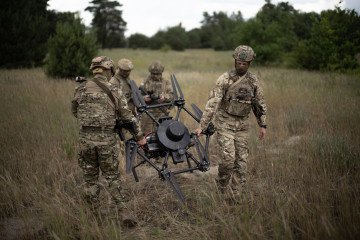
-c439b7bd9030ecf9d5a4287dc361ba31.jpg)
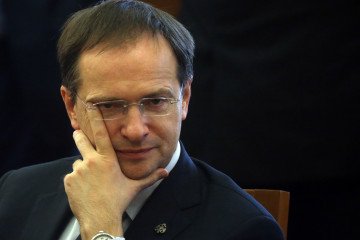
-111f0e5095e02c02446ffed57bfb0ab1.jpeg)
